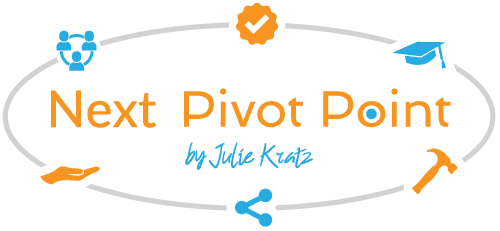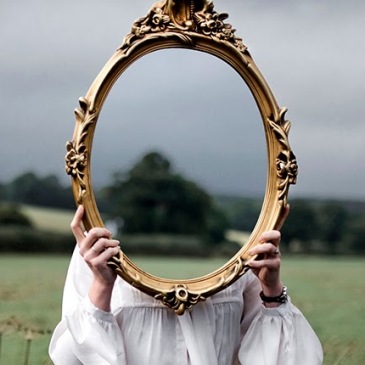We mimic what we see
As social creatures, we are wired to fit in, to belong. We’re not meant to survive on our own, we’re meant to survive in large groups. For our survival over time, we have leveraged the talents from different members of our group to maximize outcomes for the group. Different skill sets helped us all be better collectively. What we have in common are our values and beliefs. As groups, we tend to align and have similar values and beliefs so that we make decisions that are congruent and keep our group cohesive. Given this need to align, humans are naturally wired to match and mirror what they see in front of them. That means we tend to take on the behaviors of those we spend the most time with.
I remember the summer between middle school and high school, I spent every waking hour with my best friend. Our parents joked that we were attached at the hip. At the end of that summer, I almost had an identity crisis going back to school thinking I’m not going to be with her all the time. How will I even know how to act or behave? We had synced up our body language, jokes, bedtimes, the foods we ate, even our menstrual cycles.
Matching and Mirroring Vulnerability
It has long been human nature to sync up with those you’re around, because if you are attacked or experience a crisis, it would be important to be able to predict the behavior of others around you. The same goes for vulnerability. When someone displays vulnerability, rarely do people not match and mirror that vulnerability. Although, you can’t expect that reciprocation to happen 100% of the time. I have found anecdotally in my research, with clients’ experiences and in my own experiences, that 98% of the time people match and mirror vulnerability.
Of course, there are times when people don’t match and mirror vulnerability. Our brains remember these negative experiences far more than the positive ones, although fortunately, they are generally less frequent. My negative experience was with a former colleague, let’s call her Helen. It was early on in my business and I was pretty uncertain if it was going to work out. I didn’t have a lot of clients, I wasn’t effective in my marketing, and my sales process was a mess. I still had a lack of confidence in myself and my ability to do something that I hadn’t done before.
In hindsight, I was definitely suffering from imposter syndrome, but I didn’t know what that was at the time. I found someone who I thought would be a great mentor, Helen. I reached out to her, scheduled time to talk, and we sat down and had a lovely conversation about the things she had learned over the years. She had been speaking, training, and consulting for over 30 years and was a well-known expert in my local area.
I remember sharing the challenges I was having with her. I had one client that was giving me a lot of work but was requiring a lot of travel away from my family. I shared that it might be best to pivot towards more local work. The look on her face told me everything I needed to know about Helen. She instantly grimaced, and said “Have you ever thought about quitting your business? Maybe it’s not meant to be?”
Rather than matching and mirroring, she got defensive, perhaps she was insecure about me competing with her in our local market, and so she planted seeds of doubt in my mind. I felt defeated and upset, I didn’t know what to do. Luckily, I had many other allies around me that helped me see my potential when I couldn’t see it in myself. That’s the beauty of allies, they see things in us that we have yet to see in ourselves.
Allies hold up the mirror for us to see how beautiful and capable we are, even if we haven’t done the things that make us special yet.
When leading with vulnerability you will experience comfort with discomfort. It’s like a muscle you have to remember to flex. It never feels fully safe because it isn’t, but the rewards of being vulnerable outweigh the risks. Every time I think about being vulnerable, I sweat a little bit, but leaning into that discomfort does get easier with practice.
“We redefine what it means to be a good person as someone who is trying to be better, as opposed to someone who is allowing themselves to believe in the illusion that they are always a good person.” – Dolly Chugh
Vulnerability less about getting it right and more about showing someone our imperfections, and then together, getting it right. If we are trying to be perfect, we cannot be vulnerable.
What’s next?
Want to do better, and not sure where to start? That is why we developed the Lead Like an Ally virtual self-paced training program, perfect for organizations struggling with accountability for diversity. You can also check out all of our other virtual and live program offerings.

